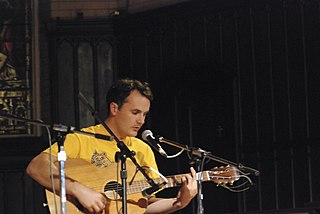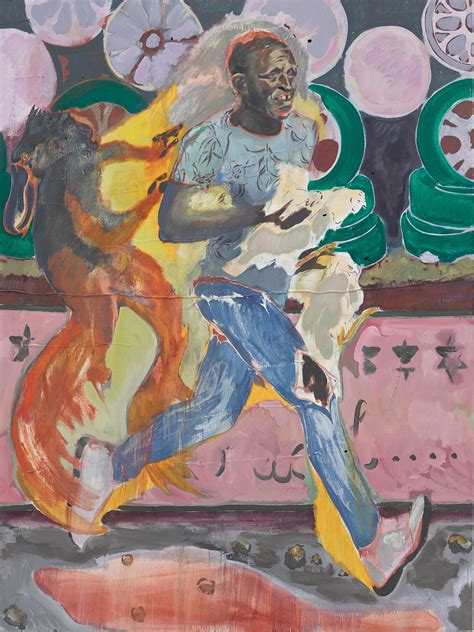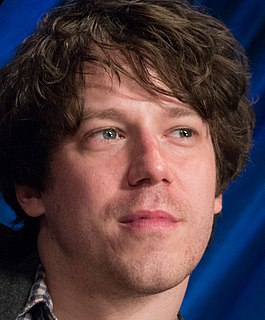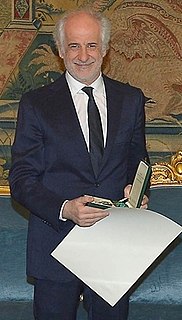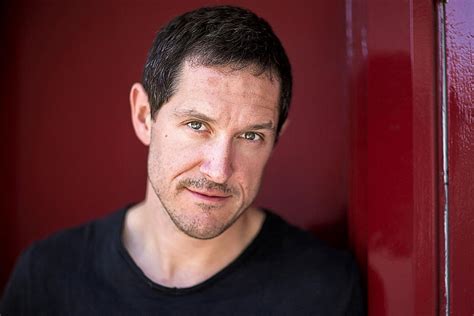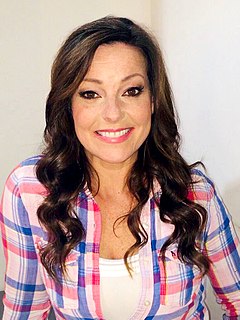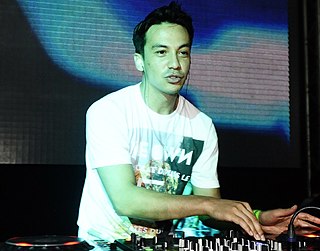A Quote by Glenn Branca
I started out in theatre and I definitely have wanted to add extra musical elements to my music with both imagery and text.
Related Quotes
I think the genre of musical theatre, when it started, the pop songwriters of the time were writing the music. I think sometimes when we write musicals now, we keep writing in that same style, as though that's the musical theatre genre... We have to figure out how to tell stories with the music that we listen to now, or we'll lose our audience.
I wanted to lift the aspects of the lyrics and imagery that I found sincerely powerful and touching, plus the amazing musical extremities, and make my own thing. That's what making music has always been for me. Synthesizing a nonexistent kind of music that I wish existed because I wanted to listen to it.
With Orff it is text, text, text - the music always subordinate. Not so with me. In 'Magnificat,' the text is important, but in some places I'm writing just music and not caring about text. Sometimes I'm using extremely complicated polyphony where the text is completely buried. So no, I am not another Orff, and I'm not primitive.
Architecture produces a musical mood in our inner being, and we notice that even though the elements of architecture and music appear to be so alien in the outer world, through this musical mood engendered in us, our experience of architecture brings about a reconciliation, a balance between these two elements.
I started producing in 1992 at the age of 15, when I found out music could be made with the help of a computer. I come from a musical family, but was always the family member not as good as the others. So once I found out I could release the music that was stuck inside my head through a computer, I knew I found what I wanted to do for the rest of my life.


